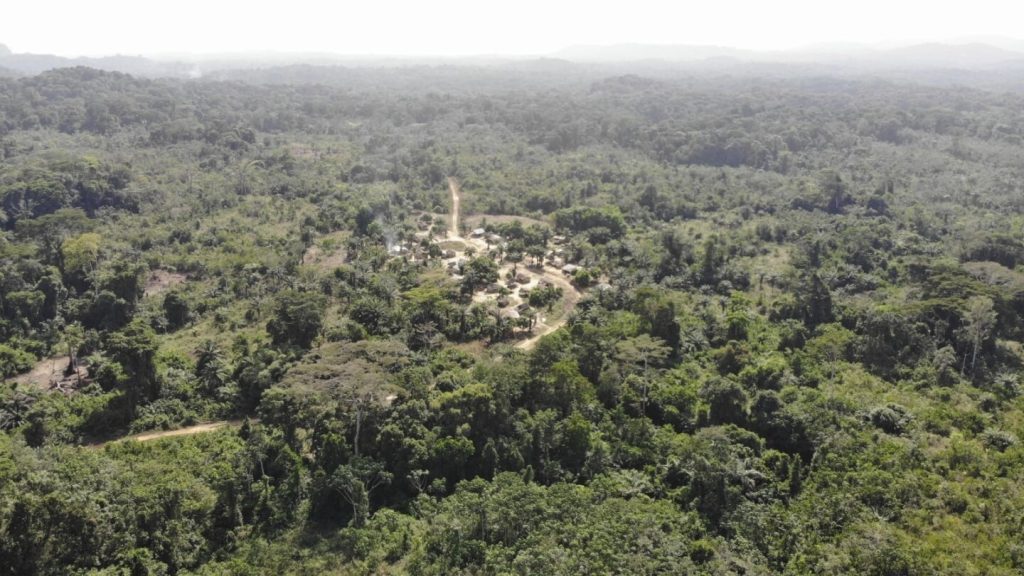Indigenous communities in Liberia are facing threats to their land and livelihood as the government has agreed to sell a significant portion of the country’s forests to Dubai-based company Blue Carbon. The company plans to make money by selling carbon credits to polluters to offset their emissions, a model that critics have labeled as “carbon colonialism.” Despite the government reaching agreements with Blue Carbon without consulting local communities, activists argue that Liberian law acknowledges Indigenous land ownership and are concerned about the lack of protections in place.
Blue Carbon’s projects in Africa have raised concerns about human rights abuses and lack of transparency. Indigenous populations in Kenya have already been evicted to make way for other carbon credit projects, leading to criticism from rights groups. While Africa contributes the least to greenhouse gas emissions, its natural resources are crucial in the fight against climate change. However, there is tension between climate goals and economic realities as governments in Africa are drawn to conservation initiatives that generate income, despite concerns about rights abuses.
In Liberia, the government’s agreement with Blue Carbon was rushed through without proper consultation with communities, leading to protests and opposition from activists. Former President George Weah’s government halted the deal after facing pressure from communities and activists, but the future of the agreement remains uncertain under the new government. The new director of Liberia’s Environmental Protection Agency has acknowledged the lack of transparency in the deal and confirmed that it is currently on hold as the country develops rules for selling carbon credits.
Blue Carbon, founded by Emirati royal Sheikh Ahmed Dalmook Al Maktoum, has only one project in development in Zimbabwe but has potentially secured vast amounts of land in other African countries through opaque agreements. Concerns have been raised about whether governments and local communities understand the implications of these deals, which could have significant impacts on land rights and livelihoods. The effectiveness of carbon offsetting itself is debated, with critics pointing out issues such as “additionality,” where projects may not actually result in new carbon savings, and the temporary nature of carbon storage in forests.
The debate around conservation initiatives like Blue Carbon’s projects highlights the complex intersection of climate goals, human rights, and economic development. While the protection of forests is crucial in the fight against climate change, it is essential to ensure that these efforts respect the rights of Indigenous communities and do not lead to negative impacts on local livelihoods. Transparency, consultation, and consent from affected communities are critical in ensuring that conservation projects benefit both the environment and the people who depend on it for their wellbeing.


